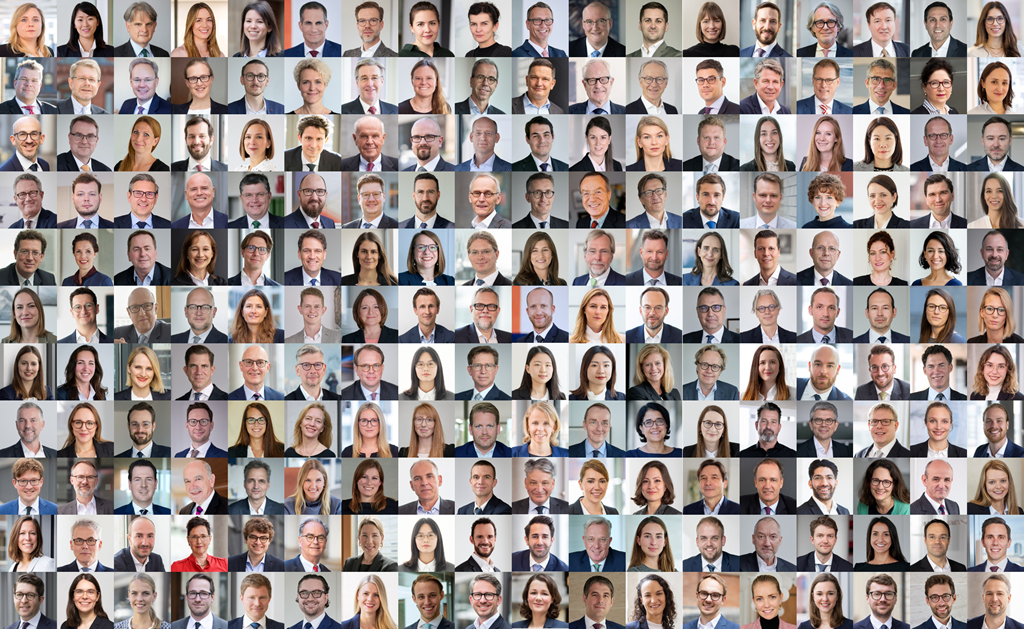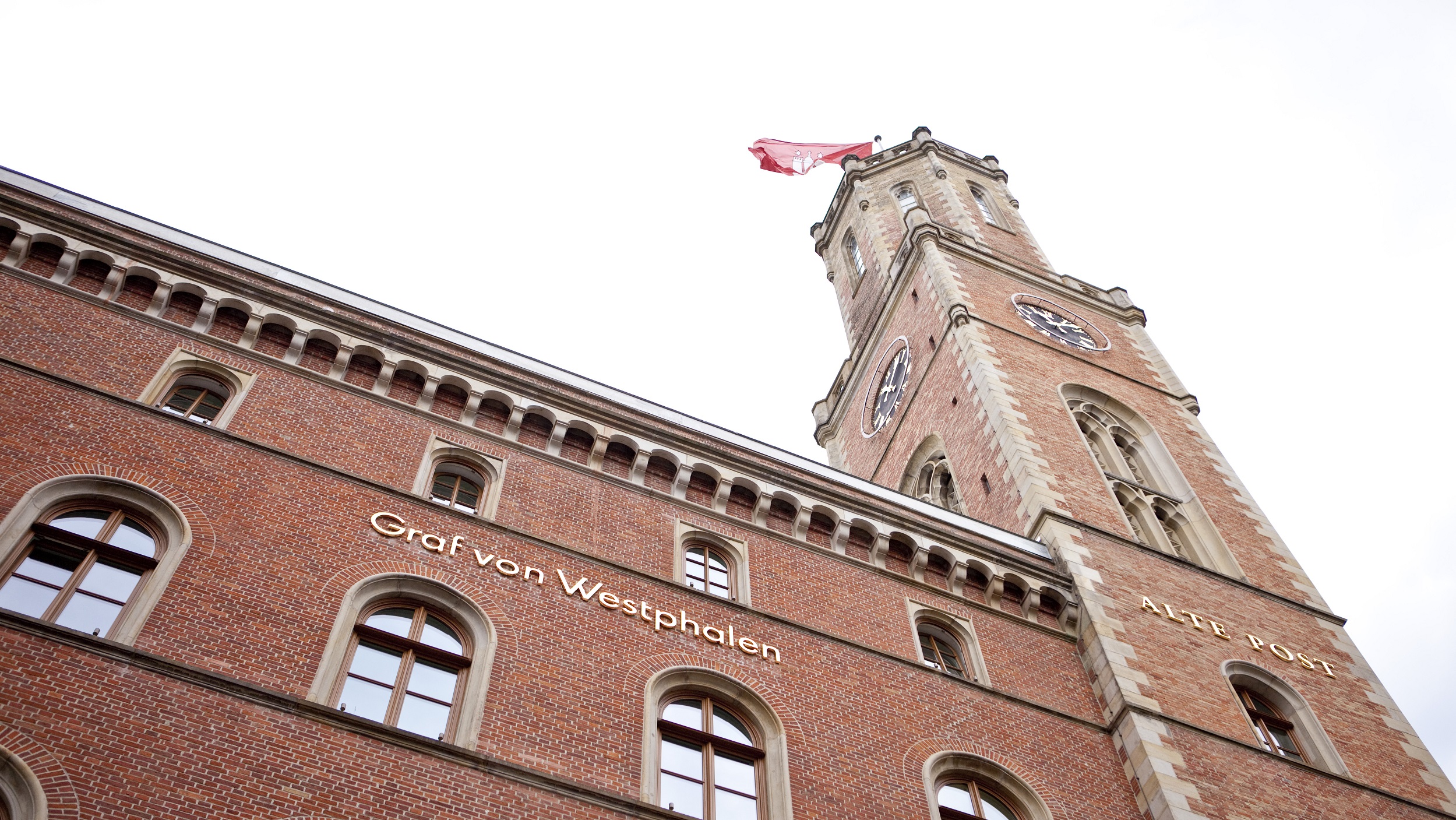German Antitrust Law is said to be complex. Our specialists provide practical advice on all relevant legal questions and assist you in handling antitrust matters as smoothly as possible. You need more information? Get in touch with our expert team.
Contact
Quick Facts: German Antitrust Law (2025)
Antitrust Law in Germany and the European Union
Antitrust law in Germany is governed by the Act against Restraints of Competition (Gesetz gegen Wettbewerbsbeschränkungen, GWB). The main purpose of this law is to promote fair competition, prevent anti-competitive behavior, and protect consumers and businesses from abusive practices by dominant companies.
In the European context, the Treaty on the Functioning of the European Union (TFEU) regulates competition law, thereby supplemented by various regulations, notices and decisions by the European Commission. European competition rules are primarily designed to protect competition, prevent market disruption and ensure fairness for market participants and have a major influence on national law.
Prohibition of Anti-Competitive Agreements and Concerted Practices
The Act against Restraints of Competition (Gesetz gegen Wettbewerbsbeschränkungen, GWB) and the Treaty on the Functioning of the European Union (TFEU) prohibit agreements and concerted practices that restrict competition. This includes cartels, price-fixing arrangements, bid-rigging, market sharing, and other collusive behaviors among competitors. Likewise, vertical anticompetitive agreements and practices are prohibited.
Abuse of Dominance
The law prohibits dominant companies from abusing their market power to the detriment of competition and consumers. Such abuse may include excessive pricing, discriminatory practices, or refusal to supply essential goods or services to competitors. It is important to note that German law to some extent is stricter than EU Competition law and needs to be reviewed where there is only so-called relative or superior market power.
Merger Control
The German Act against Restraints of Competition (Gesetz gegen Wettbewerbsbeschränkungen, GWB) and the Treaty on the Functioning of the European Union (TFEU) contain provisions for merger control, where the respective competition authority reviews and approves or prohibits mergers and acquisitions that could substantially lessen competition in the relevant markets. In case of a multi-jurisdictional relevance, such as turnover, assets or business activities in other countries, also the respective national merger control law has to be reviewed.
Under German merger control law, the thresholds are comparatively low. In case of a joint venture, there is e.g. no requirement for joint control, nor does the joint venture have to be fully functional. Rather, a joint venture already exists if at least two companies acquire an interest of 25% or more in another company, either simultaneously or successively.
In addition, German merger control law requires a notification if a party acquires “significant competitive influence”.
DMA
With the Digital Markets Act (DMA), the European Commission wants to ensure fair and open digital markets. The DMA is intended to limit the market power of large platforms and thus ensure fairness and competition in the European digital single market. Besides the European Commission, also the German Federal Cartel Office is granted investigative powers by national law for the purpose of enforcement of the DMA.
The DMA designates so-called "gatekeepers". These are companies that have a strong economic position with a significant impact on the internal market, have a strong intermediary position or have (or will soon have) a consolidated and lasting position on the market. They are in the focus of the obligations under the DMA.
Whether a company is to be classified as a "gatekeeper" requires examination on a case-by-case basis. This depends on the revenue threshold, market values, end users and providers on the platform.
In addition, non-gatekeepers may also be the addressees of requests for information in the context of an investigation of the market or in relation to the role of a particular company.
The German Federal Cartel Office (Bundeskartellamt) is the central authority responsible for enforcing antitrust law in Germany. It investigates and prosecutes violations of competition rules.
In the European context, the European Commission is the competent authority for the enforcement of competition law. As the Federal Cartel Office in Germany, the European Commission also investigates and prosecutes violations of competition rules.
The German Federal Cartel Office (Bundeskartellamt) has broad investigative powers, including the authority to conduct Dawn Raids, request information, and interview individuals relevant to antitrust cases. They may search business and private premises in person and seize relevant evidence.
Like the Federal Cartel Office in Germany, the European Commission also has the possibility to request information, to question individuals and to carry out all necessary inspections, including searches of business and private premises and seizure of relevant evidence.
Investigations by authorities are a risk in themselves. Such procedures can last several years and be correspondingly cost-intensive. Besides a disruption of daily business, the mere suspicion of an infringement bears the risk of serious reputational damage and direct economic impact.
The German Federal Cartel Office and the European Commission have extensive investigative powers and may, in particular, conduct unannounced investigations to preserve evidence. As these searches regularly begin in the morning, they are called “dawn raids”.
The conduct of the accused companies already during the execution of dawn raids may influence the assessment of potential fines. Legal assistance is therefore of high importance, especially since the applicable legal requirements deviate from those in criminal law investigations. Further, the powers of the German Federal Cartel Office and the European Commission differ to some extent.
In the event of indications of an investigation, responsible employees should be prepared. In case of an actual dawn raid, accused companies should immediately call for legal assistance on-site.
Companies found to be in violation of antitrust law can face significant fines, which can be a percentage of the company's global revenue. Under German law, individuals involved in anti-competitive conduct can also be held personally liable.
Agreements infringing German and/or EU antitrust law are automatically void. Depending on the particular case and depending on the applicable national law only certain provisions or even the entire agreement may be void.
The German Act against Restraints of Competition (Gesetz gegen Wettbewerbsbeschränkungen, GWB) includes a leniency program that provides incentives for companies to self-report their involvement in cartels and cooperate with authorities. In exchange, the companies or individuals may receive reduced or exempted fines.
Also EU law provides for a leniency procedure.
Public enforcement involves the actions taken by governmental authorities, in particular competition authorities, to investigate and prosecute violations of competition laws. Public enforcement aims to protect the overall market and ensure fair competition for the benefit of consumers.
Private enforcement involves legal actions initiated by individuals or companies affected by antitrust violations. These parties can file lawsuits seeking damages or injunctions against the alleged violators. Private enforcement allows affected parties to seek compensation for any harm suffered due to anticompetitive practices.
Both public and private enforcement play crucial roles in upholding competition laws. Public enforcement acts as a deterrent and ensures compliance with antitrust regulations on a broader scale, while private enforcement provides a means for affected parties to seek redress and contribute to the enforcement efforts. Together, these enforcement mechanisms aim to maintain fair competition and protect the interests of market participants and consumers.
Follow-on: One way of private enforcement of claims for damages is the so-called follow-on-lawsuit. Such lawsuit refers to claims for damages resulting from a cartel violation that has already been established by final decision of a competition authority. Plaintiffs can derive advantage from such a final decision in pursuing their personal claim for damages. In particular, under German law, civil courts are bound by the final determination of a cartel infringement pursuant to German or EU competition law by the German Federal Cartel Authority as well as the European Commission or a competition authority (or a court acting as such) in another Member State. Further, German law provides for a (rebuttable) presumption of damages as well as extended limitation periods.
Stand-alone: Another way of private enforcement of claims for damages is the so-called stand-alone-lawsuit. Such lawsuit refers to claims for damages resulting from a cartel violation that, however, has not already been established by final decision of a competition authority. Instead it is the claimant’s own responsibility to conduct investigations and to proof the cartel infringement in context of his claim for damages, and thus have the civil court to decide on the existence of a cartel infringement.
Certain industries, such as telecommunications, media, and energy, may be subject to additional sector-specific competition regulations.
GvW is recommended by inhouse lawyers in antitrust law









